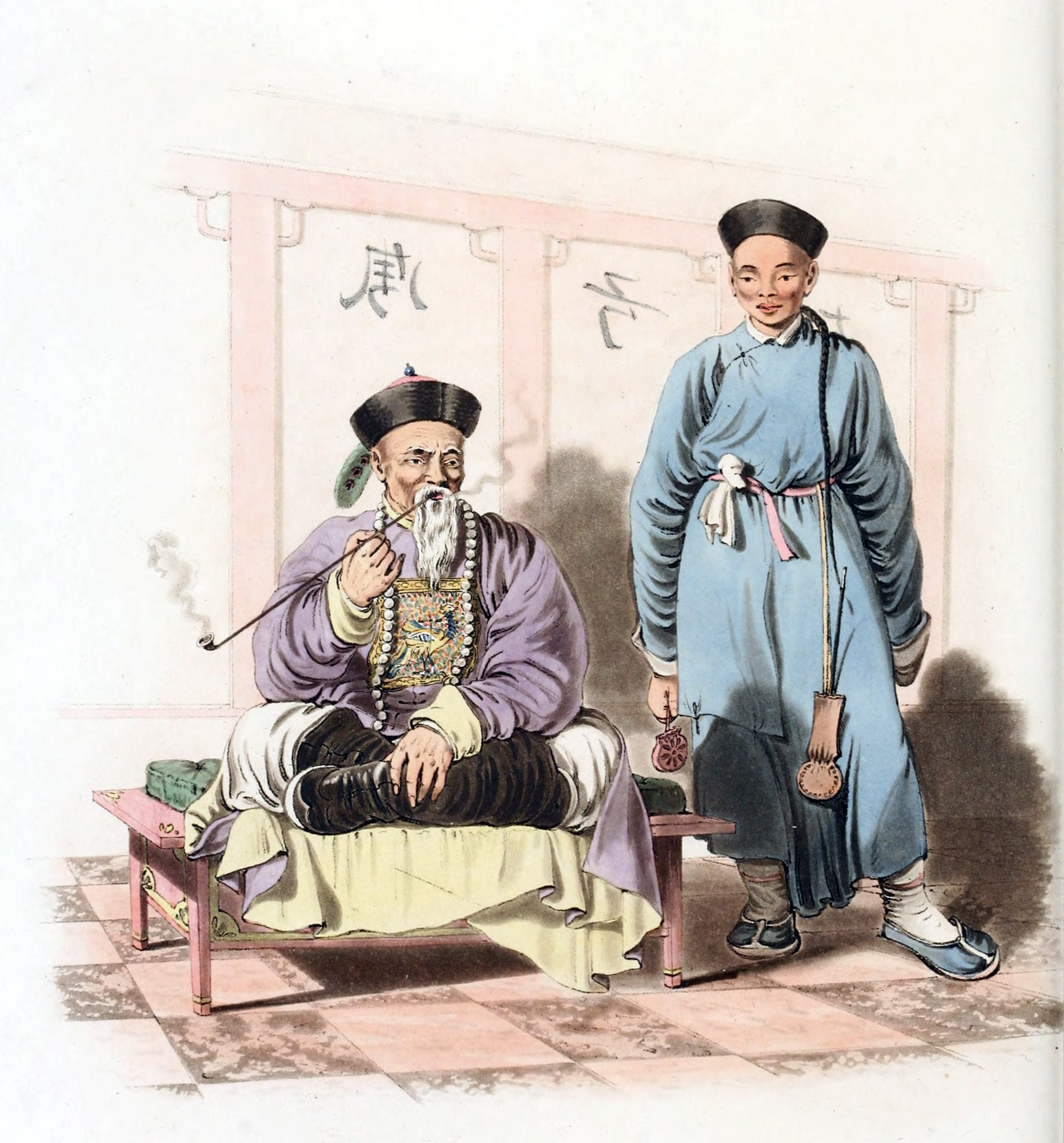|
The Book Of Lord Shang
The ''Book of Lord Shang'' () is an ancient Chinese text from the 3rd century BC, regarded as a foundational work of "Chinese Legalism". The earliest surviving of such texts (the second being the Han Feizi), it is named for and to some extent attributed to major Qin reformer Shang Yang, who served as minister to Duke Xiao of Qin (r. 361338) from 359 until his death in 338 and is generally considered to be the father of that state's "legalism". The ''Book of Lord Shang'' includes a large number of ordinances, essays, and courtly petitions attributed to Shang Yang, as well as discourses delivered at the Qin court. The book focuses mainly on maintaining societal order through a system of impartial laws that strictly mete out rewards and punishments for citizens' actions. The first chapters advise promoting agriculture and suppressing other low-priority secondary activities, as well as encouraging martial virtues for use in creating and maintaining a state army for wars of conquest. ... [...More Info...] [...Related Items...] OR: [Wikipedia] [Google] [Baidu] |
Chinese Legalism
Legalism or ''Fajia'' is one of the six classical schools of thought in Chinese philosophy. Literally meaning "house of (administrative) methods / standards (法, Fa)", the Fa "school" represents several branches of "men of methods", in the west often termed " realist" statesmen,who played foundational roles in the construction of the bureaucratic Chinese empire.Peng He 2011. p. 646. The Difference of Chinese Legalism and Western Legalism The earliest persona of the Fajia may be considered Guan Zhong (720–645 BC), but following the precedent of the ''Han Feizi'' (c. 240 BC), Warring States period figures Shen Buhai (400–337 BC) and Shang Yang (390–338 BC) have commonly been taken as its "founders." Commonly thought of as the greatest of all "Legalist" texts, the ''Han Feizi'' is believed to contain the first commentaries on the ''Dao De Jing'' in history.Ewan Ferlie, Laurence E. Lynn, Christopher Pollitt 2005 p. 30, ''The Oxford Handbook of Public Management''Pines, Y ... [...More Info...] [...Related Items...] OR: [Wikipedia] [Google] [Baidu] |
Han Feizi
The ''Han Feizi'' or ''Hanfeizi'' (" ritings ofMaster Han Fei") is an ancient Chinese text named for its attribution to the political philosopher Han Fei. It comprises a selection of essays in the Legalist tradition on theories of state power, synthesizing the methodologies of his predecessors. Its 55 chapters, most of which date to the Warring States period mid-3rd century, are the only such text to survive fully intact. Among the most important philosophical classics in ancient China, it touches on administration, diplomacy, war and economics, and is also valuable for its abundance of anecdotes about pre-Qin China. Though differing considerably in style, the coherency of the essays lend themselves to the possibility that they were written by Han Fei himself, and are generally considered more philosophically engaging than the ''Book of Lord Shang''. Zhuge Liang is said to have attached great importance to the Han Feizi, as well as to Han Fei's predecessor Shen Buhai. Introdu ... [...More Info...] [...Related Items...] OR: [Wikipedia] [Google] [Baidu] |
Qin (state)
Qin () was an ancient Chinese state during the Zhou dynasty. Traditionally dated to 897 BC, it took its origin in a reconquest of western lands previously lost to the Rong; its position at the western edge of Chinese civilization permitted expansion and development that was unavailable to its rivals in the North China Plain. Following extensive "Legalist" reform in the fourth century BC, Qin emerged as one of the dominant powers of the Seven Warring States and unified the seven states of China in 221 BC under Qin Shi Huang. It established the Qin dynasty, which was short-lived but greatly influenced later Chinese history. History Founding According to the 2nd century BC historical text ''Records of the Grand Historian'' by Sima Qian, the Qin state traced its origin to Zhuanxu, one of the legendary Five Emperors in ancient times. One of his descendants, Boyi, was granted the family name of Yíng by Emperor Shun. During the Xia and Shang dynasties, the Yíng clan split ... [...More Info...] [...Related Items...] OR: [Wikipedia] [Google] [Baidu] |
Shang Yang
Shang Yang (; c. 390 – 338 BC), also known as Wei Yang () and originally surnamed Gongsun, was a Chinese jurist, philosopher, and politician.Antonio S. Cua (ed.), 2003, p. 362, ''Encyclopedia of Chinese Philosophy'"The fifth important legalist, Shang Yang (Wei Yang, c. 390–338 B.C.E.), was born in Wei; his original surname was Gongsun." Born in the Zhou Kingdom, Zhou vassal state of Wei during the Warring States period, he was a statesman, chancellor and reformer serving the State of Qin, where his policies laid the administrative, political and economic foundations that strengthened the Qin state and would eventually enable Qin to conquer the other six rival states, unifying China into a centralized rule for the first time in history under the Qin dynasty. Scholars consider it likely that both he and his followers contributed to ''The Book of Lord Shang'', a foundational philosophical work for the school of Chinese legalism. Biography Shang Yang was born as the son of a ... [...More Info...] [...Related Items...] OR: [Wikipedia] [Google] [Baidu] |


